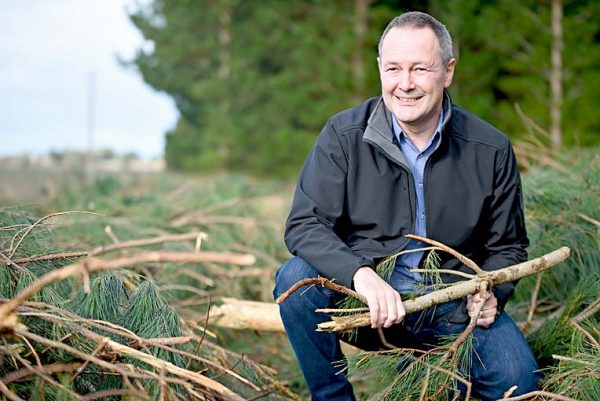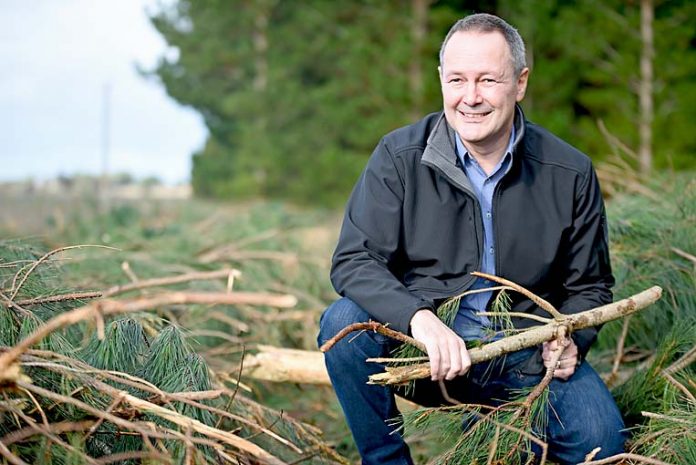
A NEW renewable energy roadmap aimed at lowering the nation’s emissions has been welcomed by the Australian Forest Products Association.
The Federal Government’s bioenergy roadmap will be developed by the Australian Renewable Energy Agency and will target key issues such as the potential for biofuels to decarbonise the industrial and transport sectors.
The agency will also focus opportunities to decarbonise the gas network.
Opportunities for bioenergy heat, steam and power, as well as quantifying the economic opportunities for Australia, will also be included, with a focus on regional Australia.
Australian Forest Products Association South Australian branch manager Leon Rademeyer said the roadmap would identify the role the bioenergy section could play in lowering Australia’s emissions.
“Currently forest product manufacturers in the South East and elsewhere in Australia are facing increasing energy costs in relation to electricity and gas supply,” he said.
“This is already threatening regional economic activity and jobs.”
Mr Rademeyer said a solution could include bioenergy – including renewable heat – which provides renewable and dispatchable energy complementing existing power generation and intermittent renewables such as wind and solar.
“Australia’s wood and paper product manufacturing industries use heat energy for a wide variety of applications, including drying, preheating and process heating,” he said.
“The significant size and scale of industrial heat energy use represents a unique opportunity for renewable generation.”
“An example is bioenergy from wood waste is renewable and carbon neutral when the pellet source material comes from sustainably managed forests and forest waste.”
Barker MP Tony Pasin said developing a roadmap supporting the expansion of the bioenergy sector was a great initiative.
“It would be fantastic to grow this emerging industry from 4pc of Australia’s total energy consumption to be on par with other Organisation for Economic Co-operation and Development countries which currently sit at about 7pc,” Mr Pasin said.
“If economically viable, it has the potential to lower energy costs for our local manufacturing and timber processing sector.
“It would be a win for the Limestone coast – using forestry waste to reduce processing costs and reduce emissions.”
Leading bioenergy industry stakeholders will be consulted on the development of the roadmap with broader industry consultations to be held in early 2020.
Finalisation of the roadmap is expected by mid-2020.








